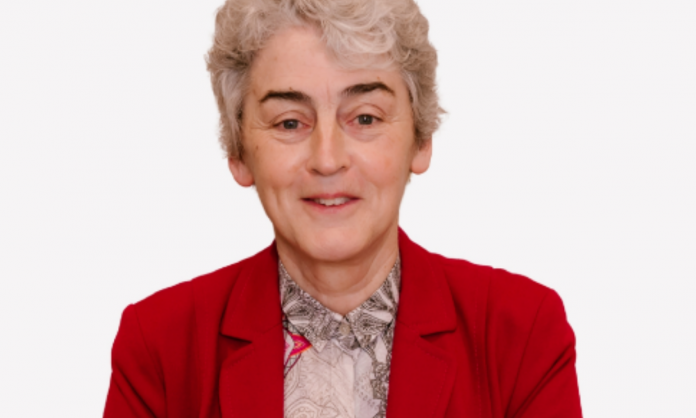By Seán Ó Domhnaill
A major expansion is planned for Ireland’s only dedicated Childrens’ Grief Centre, which is based in Limerick city. It is a crucial service, as some children have great difficulty in coping with their grief, and there’s a massive waiting list at the moment of 250 children, but the organisers are anxious to push ahead with their planned €3.3m development.
The project will be sited in a building in the city that has been kindly donated by the Mercy Order, which has also provided the smaller facilities in use until now. However, this new building is very much in need of renovation and the organisers are ambitious in their hopes for the finished product, which will be at the service of Ireland’s children for a long time.
They are pleased to have already received significant donations from the JP McManus Pro-Am Fund and from the Tomar Foundation based in Cork, but there’s no question that there’s a long road ahead, and every contribution will help.
The centre was the brainchild of Mercy sister Helen Culhane, a native of nearby Croom, a social worker and psychotherapist, who left a very good job, at which she was very happy, because she felt there was a great need for such a service for children.
In a sense it was a step into the dark, but the great response to the Centre since has been underlined by the large numbers waiting to avail of its services. The service gets very little state help and is mainly run by part-time skilled volunteers with a small coterie of full-time professionals leading out.
Sr Helen told Ireland’s Eye: “The children generally come for six sessions, though we had a boy who lost his sibling and was traumatised and attended for over two years. After some sessions you hear them saying things like ‘we now know our feelings are normal.’ The request comes directly from the parents, and it’s 50-50 between bereavements and separations.
“The fighting between parents is difficult for children, and sadly the children are often forced to take sides, or not to have contact with the father or mother, and sometimes grandparents or aunts and uncles get involved. Young people have told me things like ‘I hate when my granny talks about my mother’ etc. Children love both parents, and I’ve seen it, children can survive separation and do really well if they’re allowed to love both parents… it’s common sense and I’ve found that the children who do better are those who have a relationship with the two.”
Numerous young people have spoken about how the centre has helped them, with one young boy describing how they helped him over time as “a miracle.” Obviously parents have also praised it greatly, pointing out that the children are sometimes slow to talk to the parent(s) if only for fear of hurting an already grieving person more.
A mother has spoken about how struggling with grief was an-ongoing factor with her three young children when their father died suddenly, and its being something that could affect them strongly almost at any time. Another mother spoke about the great loss the children felt when a grandparent, who had been living with them, died. In both cases they said the help they received from Sr Helen and the team at the Childrens’ Grief Centre was tremendous. The children were able to deal with their great grief.
Another grateful parent is Olive Foley, wife of the late Anthony Foley, Irish rugby star and head coach of the Munster team, who died suddenly in 2016, aged 42, causing a nationwide outpouring of grief. She later brought her two young sons to the Childrens’ Centre to help with their grieving process. She now volunteers as an ambassador for the Centre, and is an important part of the major fundraising process that is now underway.
If you want to support them, then please contact them on their website at www.childrensgriefcentre.ie Facebook at @childrensgriefcentre, or Twitter @children_grief








